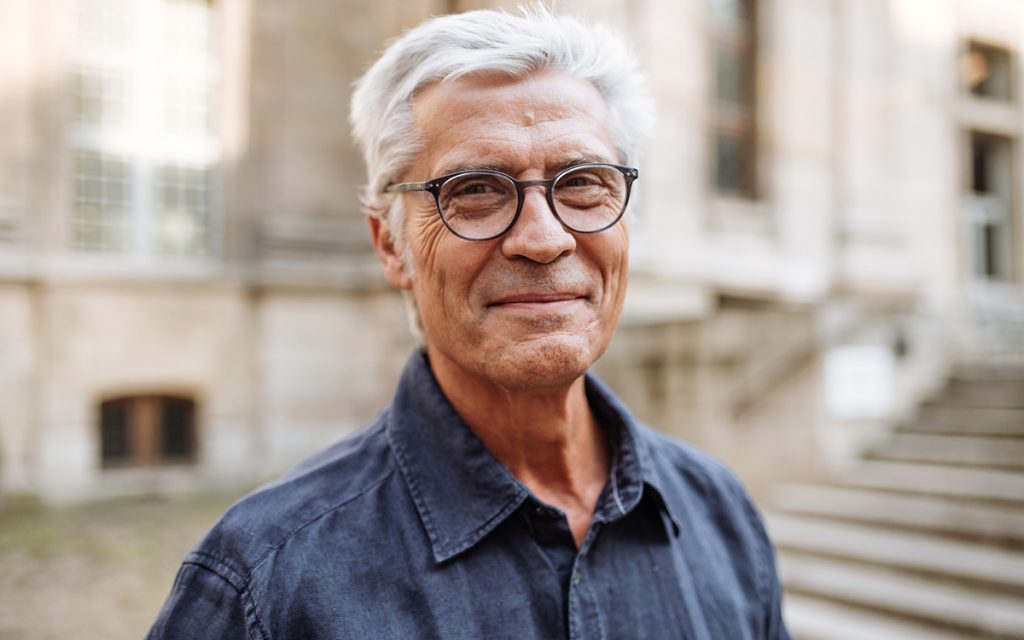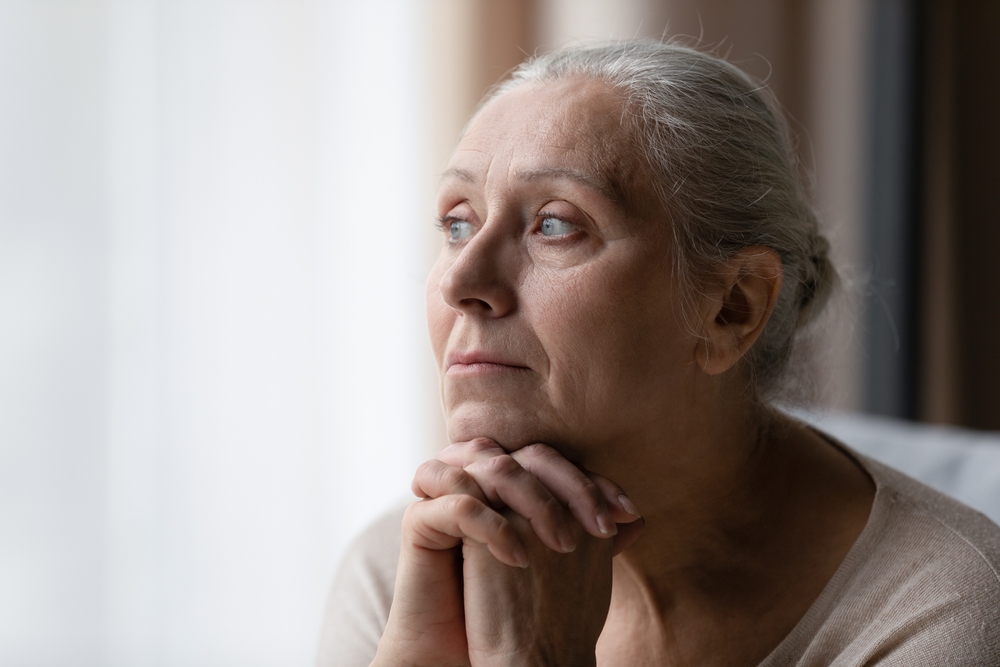Hearing damage is cumulative. It builds over time. A concert one day; some lawn mowing the next; overly loud earbuds the third. Each and every day, the destruction and deterioration build up, culminating in damage to your ears, and permanent hearing loss. This kind of hearing damage is so prevalent that even children are showing signs of preventable hearing loss.
In fact, approximately 34 million children around the world have hearing loss. Of those, 60% of cases are preventable. You can imagine how those numbers increase in adults.
Why is hearing loss so prevalent?
In order to understand how hearing loss can be prevented, it’s important to know why hearing loss is so prevalent these days. There are a few interconnected reasons:
- Population density: Cities are noisy places. And around the world, more people are living in densely populated cities than ever before.
- Noisy socializing: Restaurants and bars are incredibly loud, even when they aren’t playing live music. In some instances, restaurant managers equate loudness with success, further increasing the risk of noise damage.
- Technology: This is probably the single biggest factor leading to an increase in noise damage: earbuds. It’s easier for us to listen to music than ever before. And it’s easier still to listen to loud and damaging volumes–damage that might be exacerbated by the earbud’s proximity to your ear.
This is not to say that cities haven’t always been noisy or that steam engines weren’t very loud a hundred years ago. There have always been threats to hearing health (I’m sure woolly mammoths were quite loud back in the day). Instead, it’s meant to paint a picture of which general elements are contributing to hearing loss today.
How can you prevent hearing loss?
So, if the vast majority of hearing loss–even in children–is preventable, why is it still so common? Why can’t we just, you know, prevent it?
Here’s the thing: for better or worse, we generally leave those decisions to the individual. And on an individual level, there are some things you can do to help keep your hearing functioning at optimal levels:
- Wear hearing protection: If you know you’re going to be in a loud venue (if you’re going to one of those rock concerts, for example; or if you are going to mow your lawn), wear hearing protection. Earplugs are common. Earmuffs are also effective. This type of protection is essential and really cannot be underestimated.
- Be wary of moderate noise: We all know to be aware of loud noises. But moderate noise for long durations can also cause hearing damage. Remember–it’s cumulative. City noise endured for two hours can be just as damaging as a jet engine endured for thirty seconds.
- Keep your earbuds at lower volumes: It’s hard to know when your Spotify playlist gets a little too loud. You like your favorite song so you crank up the volume. Most phones have the option to limit just how loud their output can become. It’s worth looking into setting a low ceiling on the volume of all your devices.
- Download an app: One of the hardest parts of protecting your ears is knowing when they’re in danger. There are a few apps you can download that can monitor ambient noise and tell you the decibel level. Once you have some context for noise levels, you’ll be able to make better-informed decisions about what environments are safe and which are too noisy.
Knowledge is key
Of course, if you work in a noisy environment–on a factory floor, in a stadium, in a warehouse and so on–this will get more complicated. Usually, there are very strict occupational safety rules that companies and workplaces must abide by (it’s a good idea for you to know them, too).
But what this boils down to is pretty simple: the more knowledge you have, the better you’ll be able to protect your ears. Sometimes that means knowledge of the environment–being aware of the sounds around you. But it could also mean knowledge of your workplace policies.
Getting a professional opinion from a hearing specialist can help you determine how much damage has already been done as well as how you can best protect your ears moving forward. Remember, the whole idea is that hearing loss is preventable. Which means you don’t have to lose your hearing.



